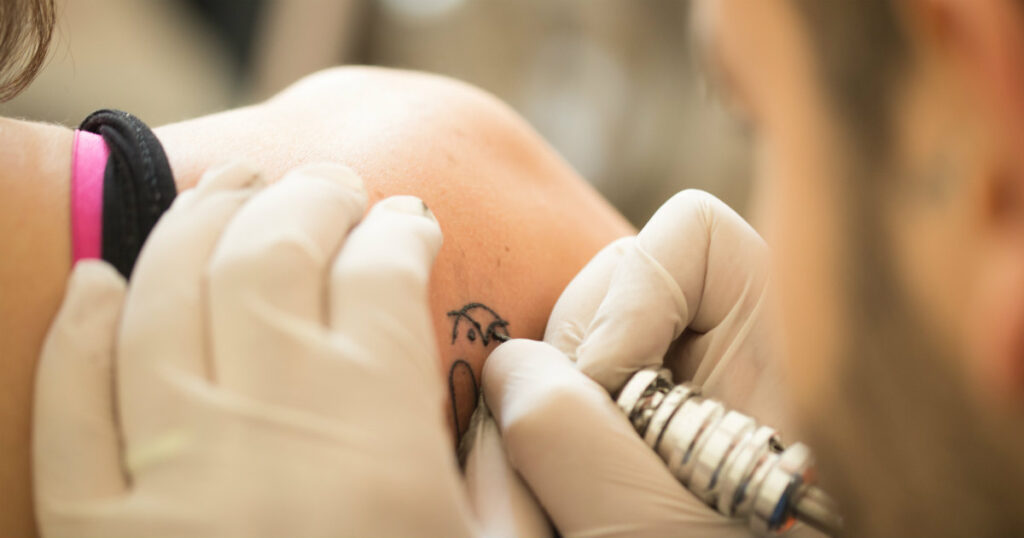Are you considering removing a tattoo but shocked by the potential costs? Before you book that appointment, it’s essential to understand what factors contribute to tattoo removal charges, how much you might pay, and whether it’s worth the investment.
1. Average Tattoo Removal Charges
Tattoo removal isn’t cheap. On average, expect to pay anywhere from $200 to $500 per session. The cost varies depending on several factors, such as the tattoo’s size, color, location, and the type of removal method used.
2. Factors That Affect the Cost
Here are the main factors that influence the charges:
- Size and Complexity of the Tattoo: Larger or intricate tattoos take more time to remove, resulting in higher costs.
- Color of the Ink: Darker inks, such as black, are easier to remove compared to vibrant colors like green, blue, or yellow. Multi-colored tattoos may require more sessions.
- Location of the Tattoo: Tattoos on areas with thicker skin, like the back, are typically more challenging to remove and may incur higher charges.
- Number of Sessions: Most tattoos require 5-10 sessions to fully remove, and some may require even more depending on the ink depth and skin response.
3. Laser vs. Other Removal Methods
Laser removal is the most common and effective method, but it comes at a premium. Other options, such as dermabrasion or surgical excision, may be more affordable but come with higher risks and longer recovery times.
- Laser Removal: Often priced per session, with an average of $200–$500.
- Dermabrasion: Can range from $150 to $700 per session.
- Surgical Excision: This can cost upwards of $1,000 but may be suitable for small tattoos.

4. Is Tattoo Removal Worth the Cost?
Considering the expense, it’s crucial to weigh the emotional and financial costs of keeping or removing a tattoo. If the tattoo no longer holds personal significance or affects your self-esteem, removal may be a worthwhile investment. However, if you’re just thinking of removing it out of impulse, consider whether the cost justifies the decision.
5. Additional Costs
Don’t forget to factor in potential aftercare costs. Skin treatments, creams, or follow-up consultations can add up. Also, if your tattoo requires multiple sessions, the cumulative price can escalate quickly.
6. Insurance and Financing
Unfortunately, tattoo removal is often not covered by insurance as it’s considered cosmetic. However, some clinics offer financing options to spread out the cost. If you’re on a tight budget, this can be a helpful option to manage the charges.
Conclusion
Before booking your tattoo removal session, ensure you fully understand the potential charges and the factors that could impact the cost. While tattoo removal may seem expensive, it’s essential to consider your reasons for removing the tattoo and the long-term benefits. Whether it’s a fresh start or simply no longer wanting to carry that ink, knowing the financial commitment upfront helps you make an informed decision.
For more information on tattoo removal, please visit our website, tattooculturecollective.com



